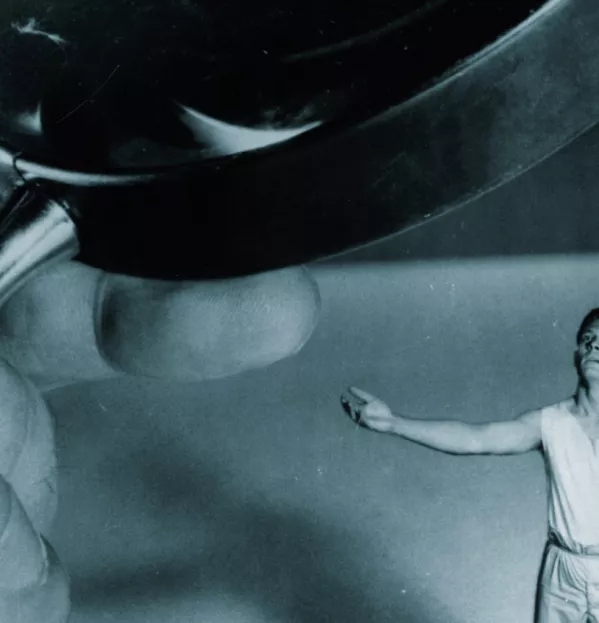Under a watchful eye

You receive an email. You rush to check your timetable. You look at your scheme of work to find out what topic you will be teaching. You become preoccupied and begin talking to people about pedagogy, literacy, numeracy. You may even begin to doubt your own teaching ability.
This can mean only one thing: you are about to have a lesson observation.
Some schools have scrapped formal observations, preferring to judge teaching by the evidence in books, tests and casual drop-ins to lessons. But most teachers still work in schools where observations occur, though these should no longer be graded.
Early in your career, you will generally be observed more frequently than experienced teachers and you will have less exposure to being under observation. So, as an experienced teacher, I am here to help. If you have had a bad time with observations this year, or you are looking to next year and hoping for improvement, here is my quick guide for the observations novice.
1. Play the right notes
Your school should have a clear teaching and learning policy, which details what the leadership team wants to see in lessons. Ensuring that you stick to it at this stage of your career is essential. If your school requires you to differentiate by graded outcomes, then act accordingly. If your school wants to see marking every six lessons, then make sure it is there. You may disagree with this, but an observation is not the time to make your point. That should be done, with evidence in hand, at a meeting for that purpose. For now, stick to the script.
2. Ask for help
Hopefully, as a young teacher, you will be getting regular support already but, when you are about to be observed, it is worth asking for a little more guidance. Run your lesson plans by a colleague; read through an explanation you are going to give and ask for feedback; and analyse your seating plan. Use the observation as an opportunity to review your practice.
3. Don’t do anything ‘special’
If you have never done something before in a lesson, do not wait for your observation to try it out. It is common for observers to ask pupils about the lesson and whether or not it is radically different from others. If you’re faking it, you will get caught, and even if you don’t, a totally new teaching activity or style is likely to make you even more nervous - and you run the risk of making mistakes.
4. Know your observer
The person observing you should not matter but, invariably, it does. If the person observing you is a mentor who has suggested you tweak certain aspects of your teaching, you should ensure you demonstrate that you’ve followed that advice (or have a good reason not to). And if the person in charge of behaviour is dropping in, ensure that you are following the policy to the letter. It’s not about changing who you are as a teacher but it is about being aware of who is watching.
5. Argue your case properly
The success of a lesson and the resulting feedback can be a subjective affair. Different observers place an emphasis, consciously or unconsciously, on different criteria.
In light of this, it is inevitable that, at some stage in your career, you will be given feedback with which you disagree.
Too many of us (I actually learned the hard way) argue back incorrectly, which usually means defensively and/or emotionally.
Don’t go in there all guns blazing saying: “You two blatantly don’t know what you’re talking about. I’m better than both of you. The kids tell me that you often teach with nothing but a board marker and textbooks.”
And try not to collapse in tears or become aggressive. None of this is likely to change their minds.
Instead, refer to the criteria that you believe they are misinterpreting, be calm but assertive, and never make a point unless you can back it up with evidence from what happened in your lesson. Saying something to the effect of, “This was obviously a successful lesson as it was clear that the pupils made progress beyond their target grade,” is a far more effective way to tackle criticism.
And if you don’t get the response you feel is right, ask for a second opinion.
Finally, hold on to the fact that it won’t be hard for ever. Always remember that the more you are observed, the easier it gets.
Omar Akbar is a science teacher and author of The (Un)official Teachers’ Manual: What they don’t teach you at training college. He blogs at theunofficialteachersmanual.blog
You need a Tes subscription to read this article
Subscribe now to read this article and get other subscriber-only content:
- Unlimited access to all Tes magazine content
- Exclusive subscriber-only stories
- Award-winning email newsletters
Already a subscriber? Log in
You need a subscription to read this article
Subscribe now to read this article and get other subscriber-only content, including:
- Unlimited access to all Tes magazine content
- Exclusive subscriber-only stories
- Award-winning email newsletters